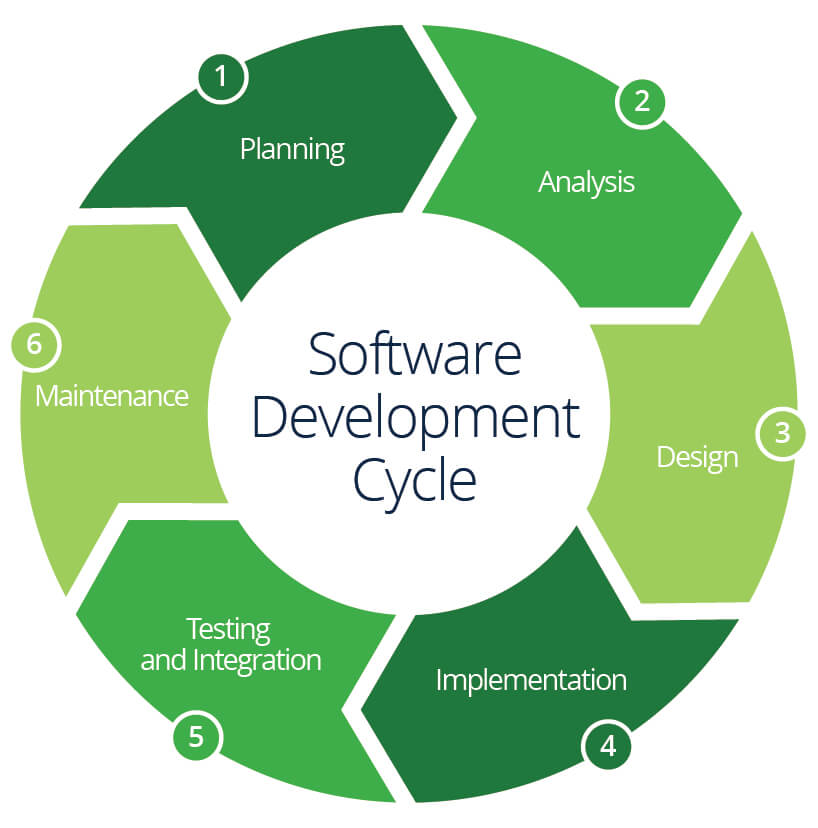You’re lucky if you’re searching for a career in computer engineering. Qualified engineers are in great demand.
You can wonder: “What should I know before becoming a computer engineer?” The answer is to equip yourself with the required knowledge and skills in the field.
This article will give you a comprehensive guide to the profession.
There is unlimited knowledge required for a computer engineer. The more knowledge you gain, the better you become.
1. Coding
A basic understanding of programming and coding is essential for this position. Their used languages are Java, JavaScript, HTML, C#, and Python.
While few jobs would need you to be competent in all languages, their basic comprehension and experience will allow you to adapt to your customers’ demands.
2. SDLC
SDLC is a standard business procedure platform for implementing software applications. Understanding the procedure is vital for ensuring high-quality performance and in accordance with the client’s requirements.

3. Electrical engineering
You need excellent electrical engineering skills if your computing career centers on hardware. You’ll need a solid understanding of electronic parts and how they work, including the processor’s connection with other elements.
4. Cryptography
Cryptography is commonly used in popular security processes and tactics for secure coding. Furthermore, knowing cryptography assists in the protection of local data as well as network communication from attackers.
5. Networking
Because most computing projects need network access, networking skills are vital. You’ll need to know about internet access, standard protocols, public key, and other subjects to succeed in your job.
6. Databases
You’ll almost certainly encounter databases no matter what position you take. Understanding how to analyze and adequately store large datasets, whether in a NoSQL or SQL database.
One of your missions may be writing and constructing your queries to sort data like personnel records or large-scale insights.
Aside from the computing knowledge, a computer engineer should practice soft mastering skills, such as:
7. Time management
These engineers frequently handle many projects or some aspects of one huge project. They should be able to manage tasks, establish and stick to timelines, and build timetables.
8. Communication
All clients, executives, coworkers, marketing teams, and technicians get involved in the job of computer engineers.
Clear communication will guarantee that both the engineers and the clients know the project’s expectations and the engineer’s plans.

9. Teamwork
Designers, researchers, systems experts, testers, security experts, salesmen, and marketing personnel collaborate with the engineers to create a final product.
All software engineering team members must be able to assign, accept tasks, and exchange ideas.
10. Resilience
It is critical in the field of computing to be resilient. Computer engineers should be able to stay focused and perform well under much pressure in a fast-paced working place. They should also be ready for tight deadlines and ever-changing demands.
One of the most important things for computer engineers is the journey of pursuing this profession.
11. Education
A degree is necessary for access to this field. Consider studying computer science, engineering, or a similar subject.
A master’s degree is advisable to focus on a computing specialty such as advanced analytics and networking.
A doctoral degree will assist you in getting a job conducting research or education.
12. Working experience
Before searching for employment, it’s good to have some related experience in the field.
You can prove your working abilities by gaining experience as an IT support expert or a computer technician.
Consider taking an internship throughout your undergraduate years to gain professional skills.
13. Certifications
You may select from various software, hardware, and security certifications given by businesses and third-party agencies.
These certifications will show that you are knowledgeable with a variety of operating systems, coding languages, and software testing procedures.

14. Resume
Describe your schooling, skills, and job experience in chronological order. Remember to start with the most current and relevant experience, followed by the names of the companies and the amount of time you spent there.
Also, include technical abilities, such as programming, as well as soft skills, such as communication and teamwork.
15. Application
Look for job opportunities in your targeted industry and location. Make sure you satisfy the job’s basic requirements and follow application guidelines to guarantee your resume reaches the employer.
To make yourself stand out from other candidates, tailor your materials to the profession.
Hopefully, you will find this article helpful. If you need any further information, please feel free to ask. Thank you for reading!
